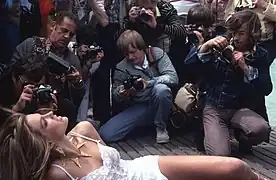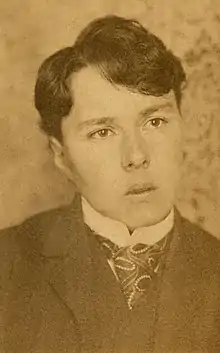The Journalism Portal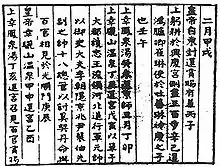 Kaiyuan Za Bao was an official publication which first appeared in the 8th century, during the Kaiyuan era. It has been described as the first Chinese newspaper or official gazette,[1] and also as the world's first magazine.[2] Pictured is a remake of the publication. .jpg.webp) The title page of Relation aller Fürnemmen und gedenckwürdigen Historien (Account of all distinguished and commemorable stories), from 1609. The publication is recognized by the World Association of Newspapers[3] as the world's first newspaper. Journalism is the production and distribution of reports on the interaction of events, facts, ideas, and people that are the "news of the day" and that informs society to at least some degree of accuracy. The word, a noun, applies to the occupation (professional or not), the methods of gathering information, and the organizing literary styles. The appropriate role for journalism varies from countries to country, as do perceptions of the profession, and the resulting status. In some nations, the news media are controlled by government and are not independent. In others, news media are independent of the government and operate as private industry. In addition, countries may have differing implementations of laws handling the freedom of speech, freedom of the press as well as slander and libel cases. The proliferation of the Internet and smartphones has brought significant changes to the media landscape since the turn of the 21st century. This has created a shift in the consumption of print media channels, as people increasingly consume news through e-readers, smartphones, and other personal electronic devices, as opposed to the more traditional formats of newspapers, magazines, or television news channels. News organizations are challenged to fully monetize their digital wing, as well as improvise on the context in which they publish in print. Newspapers have seen print revenues sink at a faster pace than the rate of growth for digital revenues. (Full article...) Selected article –Is Google Making Us Stupid? What the Internet Is Doing to Our Brains! (alternatively Is Google Making Us Stoopid?) is a magazine article by technology writer Nicholas G. Carr, and is highly critical of the Internet's effect on cognition. It was published in the July/August 2008 edition of The Atlantic magazine as a six-page cover story. Carr's main argument is that the Internet might have detrimental effects on cognition that diminish the capacity for concentration and contemplation. Despite the title, the article is not specifically targeted at Google, but more at the cognitive impact of the Internet and World Wide Web. Carr expanded his argument in The Shallows: What the Internet Is Doing to Our Brains, a book published by W. W. Norton in June 2010. The essay was extensively discussed in the media and the blogosphere, with reactions to Carr's argument being polarised. At the Britannica Blog, a part of the discussion focused on the apparent bias in Carr's argument toward literary reading. In Carr's view, reading on the Internet is generally a shallower form in comparison with reading from printed books in which he believes a more intense and sustained form of reading is exercised. Elsewhere in the media, the Internet's impact on memory retention was discussed; and, at the online scientific magazine Edge, several argued that it was ultimately the responsibility of individuals to monitor their Internet usage so that it does not impact their cognition. (Full article...)Selected image Robert Capa Robert Capa (Budapest, October 22, 1913 – May 25, 1954) was an acclaimed 20th century combat photographer who covered five different wars: the Spanish Civil War, the Second Sino-Japanese War, World War II across Europe, the 1948 Arab–Israeli War, and the First Indochina War. He documented the course of World War II in London, North Africa, Italy, the Battle of Normandy on Omaha Beach and the liberation of Paris.
Did you know...
WikiProjects
What are WikiProjects?
Selected biography – Robert Sterling Yard in Yosemite National Park, 1920 Robert Sterling Yard (February 1, 1861 – May 17, 1945) was an American writer, journalist, and wilderness activist. Born in Haverstraw, New York, Yard graduated from Princeton University and spent the first twenty years of his career in the editing and publishing business. In 1915, he was recruited by his friend Stephen Mather to help publicize the need for an independent national park agency. Their numerous publications were part of a movement that resulted in legislative support for a National Park Service (NPS) in 1916. Yard served as head of the National Parks Educational Committee for several years after its conception, but tension within the NPS led him to concentrate on non-government initiatives. He became executive secretary of the National Parks Association in 1919. Yard worked to promote the national parks as well as educate Americans about their use. Creating high standards based on aesthetic ideals for park selection, he also opposed commercialism and industrialization of what he called "America's masterpieces". These standards subsequently caused discord with his peers. After helping to establish a relationship between the NPA and the United States Forest Service, Yard later became involved in the protection of wilderness areas. In 1935, he became one of the eight founding members of The Wilderness Society and acted as its first president from 1937 until his death eight years later. Yard is now considered an important figure in the modern wilderness movement. (Full article...)Original reportingIn the newsGeneral images -The following are images from various journalism-related articles on Wikipedia.
Selected quoteMain topicsSubcategoriesCategory puzzle Select [►] to view subcategories
Journalism Journalism by continent Journalism by country Journalism by field Journalists Journalism lists Works about journalism Types of journalism Journalism awards Journalism conferences Copy editing Criticism of journalism Crowdfunded journalism Journalism education Fact-checking websites Freedom of the press History of journalism Impact of the COVID-19 pandemic on journalism Interviews Journalism adapted into films News media Newswriting Journalism occupations Journalism organizations Press galleries Reporting specialties Sources (journalism) Journalism standards Journalism terminology Journalism stubs Featured content
Featured articles
Featured listsGood articles
Featured pictures
Featured portalsThings you can do Things you can do
Related portalsAssociated WikimediaThe following Wikimedia Foundation sister projects provide more on this subject:
Sources
Discover Wikipedia using portals
|





.jpg.webp)



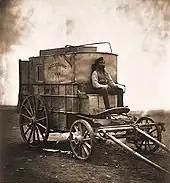








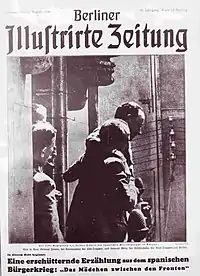





.png.webp)


.jpg.webp)



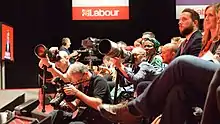
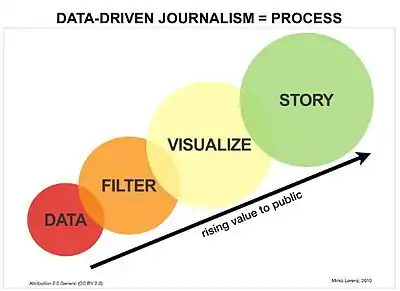

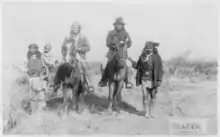














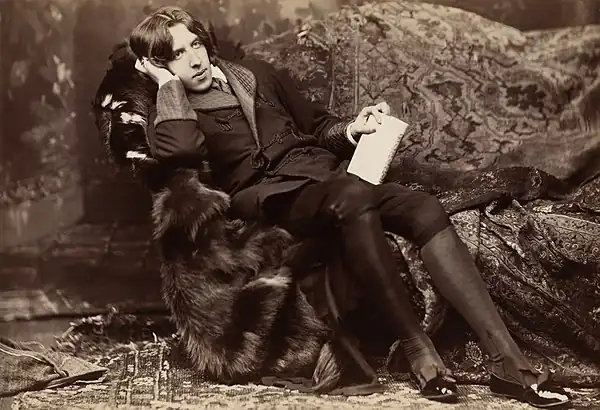
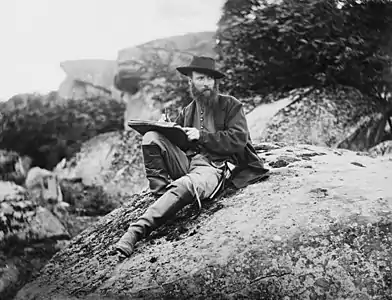






%252C_1896.jpg.webp)
.jpg.webp)

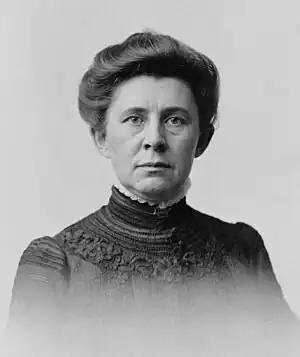






_cover.jpg.webp)



_-_Restoration.jpg.webp)
